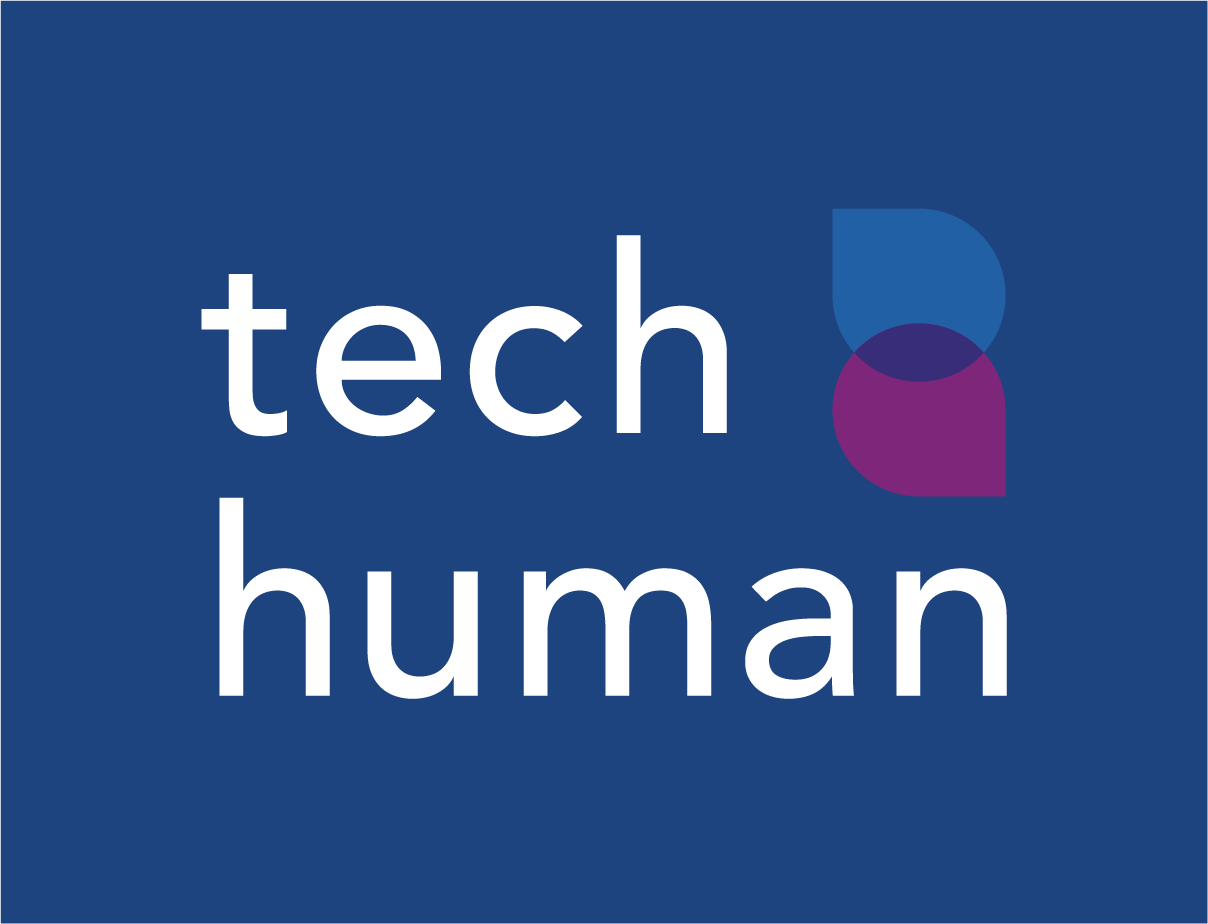Church Leaders – Introduction
Matthew Yohe [CC BY-SA (https://creativecommons.org/licenses/by-sa/3.0)]
Technology is transforming the world at an astonishing pace. It was only in 2007 that Steve Jobs launched the iPhone, but just consider the impact of the billions of smartphones across the world, especially on the lives of teenagers and young adults. It seems likely that the next 10 years will see comparable yet unpredictable advances. Yet confronted with this tsunami it often seems as though the Church is sleepwalking into the technological future, preoccupied with its own internal discussions and oblivious to the complexity of the challenges that are coming our way.
TechHuman has been set up to enable and promote the development of authentically Christian perspectives on the opportunities and challenges that technological change is bringing. We wish to explore how technology can help us flourish as human beings, created in God’s image, becoming the people we were intended to be. But we also wish to develop helpful means for resilience and resistance to the uses of technology which are personally harmful or spiritually corrosive.
We are speaking out of orthodox historic Christian beliefs and commitments but we wish to practice a ‘generous orthodoxy’, open to many different strands of belief and practice within the global Christian community and hosting a conversation about the place of technology within our lives and communities.
Theological issues
It is common for Christian lay people to adopt a naïve instrumentalist view of technology. It is simply a neutral tool which can be used for good or evil. But in reality, technology represents a much more profound and complex reality. George Grant, the Catholic philosopher, defined technology as “the interpenetration of making and knowing, orientated to the mastery of nature, including human nature.” The mastery of human nature by technology is a common theme of popular science books, including the highly influential Homo Deus by Yuval Harari.
So modern technology raises profound questions about what it means to be human, and how human beings can flourish in a technologically dominated world. A key theological theme highlighted by digital technology is that of embodiment. Digital tech emphasises the value of disembodied information which can be extracted, analysed manipulated, copied, stored and transmitted instantaneously around the world. Many recent secular thinkers are adopting a strange kind of materialistic Platonism in which our bodies are merely containers for the real gold of our existence, the unique and precious information which resides in our brains. Tech pioneers dream of a future existence in which all our desires and longings can be met instantaneously and effortlessly in the digital realm.
Yet in Christian thinking we are created out of dust, physically located in time and space, designed for intimate and loving relationships with other physical and embodied beings. Our physical embodiment is part of the good creation which is vindicated and fulfilled in the physical Incarnation and Resurrection of Jesus. What are the implications of a Christian understanding of embodiment in the appropriate development of digital technology for human flourishing?
Many other profound theological questions are being raised. What does it mean to be a person in a world of simulated persons? What’s the difference between the human brain and a computer? How does technological development relate to the creation mandates of subduing and ordering the world? In a world which may be increasingly populated by intelligent machines, what should human beings spend their time and effort on?
Pastoral issues
The theological questions may be deep and complex, but the pastoral issues seem more urgent and pressing. How can we support families and young adults who are suffering from digital addictions leading to obvious harmful relational and spiritual consequences? Should we encourage the use of chatbots such as Alexa and Google Home for elderly and isolated individuals in the church? Is it appropriate to use AI-powered bots to provide counselling and support for those with mental health issues? How can we support people affected by technological unemployment and the pressures of the gig economy?
There are no simple answers but we hope that TechHuman will provide useful resources for pastors and church leaders grappling with these issues. We aim to provide a forum in which these challenging theological and pastoral questions can be discussed in a way which is relevant to the concerns of ordinary people within our churches. Please join us and become part of the conversation.
John Wyatt
Jonathan Ebsworth

![Matthew Yohe [CC BY-SA (https://creativecommons.org/licenses/by-sa/3.0)]](https://images.squarespace-cdn.com/content/v1/5db1d329b54e6f2f9cecd11d/1582796344785-TL14GQG1WPKT50QR00KY/stevejobs2.jpg)

